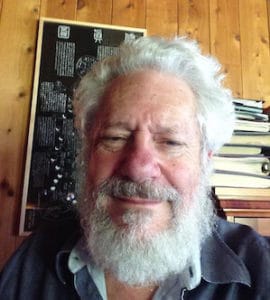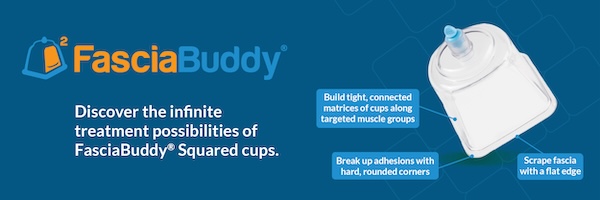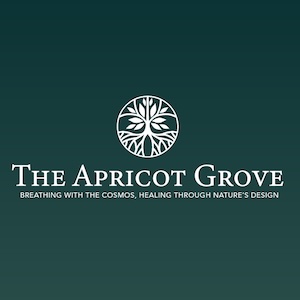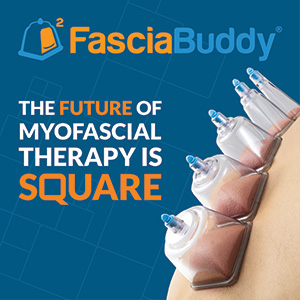Qiological is on vacation for the month of July, this discussion is one of a series of ‘summer re-runs’ of some of our favorite conversations from Everyday Acupuncture Podcast, which was the forerunner of Qiological.
Many of us fire up a meditation practice only to find ourselves sitting in an overwhelming riot of thought and agitation. Isn’t this practice supposed to calm us down, lower blood pressure, ease the migraines, and maybe give our recurring assortment of anxieties, troubles and tribulations a nudge to the curb?
Yeah, that’s a common story, but the reality of a clear mirror held up to the mind will not have you feeling like those just-so poised and apparently calm models on the Internet. You’ll probably want to get away from the noise and chaos between your ears. And that’s a good reason to learn to sit in the storm.
Our guest today has decades of experience with both meditation and acupuncture. And in this show we will get into the details of why you shouldn’t believe everything you think, and why healing often defies the logical stair-step process we think it should take.
In This Conversation We Discuss:
- Why meditation is so darned hard.
- One of the first things we notice when we sit down to meditate is…
- Yeah, I’m gonna do this, and get something out of it. Right?
- Meditation is not about being quiet, it’s about entering the ongoing riot of your mind— with a sense of attention.
- Not about controlling the mind, but being present with it.
- Why it’s so danged important to have an explanation for everything.
- The distinction between treatment and healing.
- What actually helps people to experience a change in themselves?
- Difference between mindfulness and meditation.
- What changes suffering.
- When we are paying attention to how we think and how we feel sometimes it is possible to stop blaming others for our experience.
- Problems are often accompanied by their solutions, and it helps to enter into that process without preconceived notions.
 Stuart Kutchins, O.M.D., L.Ac, has been studying and practicing East Asian medicine since 1972. He served as Professor of Oriental Medicine at the S.F. College of Acupuncture, and as Dean of its Division of Oriental Medicine and its doctoral program (1982-84). He was the founding chairman of the NCCAOM, the national board of examiners in acupuncture (1983-86) and after retiring from the board of the commission (in 1991), served as the principal consultant in development of its Chinese herbal medicine certification. And has served as a consultant in various capacities to the California Acupuncture Examining Committee and the Accreditation Commission for Acupuncture & Oriental Medicine.
Stuart Kutchins, O.M.D., L.Ac, has been studying and practicing East Asian medicine since 1972. He served as Professor of Oriental Medicine at the S.F. College of Acupuncture, and as Dean of its Division of Oriental Medicine and its doctoral program (1982-84). He was the founding chairman of the NCCAOM, the national board of examiners in acupuncture (1983-86) and after retiring from the board of the commission (in 1991), served as the principal consultant in development of its Chinese herbal medicine certification. And has served as a consultant in various capacities to the California Acupuncture Examining Committee and the Accreditation Commission for Acupuncture & Oriental Medicine.
Stuart co-authored Closing the Circle: Lectures in the Unity of Oriental Medicine (1983) with Peter Eckman, M.D., Ph.D. and has published a number of journal articles. Was honored as “Acupuncturist of the Year” by his national professional association (1985). And done a bunch of other similar stuff.
In 1993, Stuart closed his clinical practice and moved to Green Dragon Temple of the San Francisco Zen Center, where he and his wife were ordained as priests in the Soto Zen tradition. They remained in residential priest training there and at Zen Mind Temple at Tassajara until they completed their initiatory training cycle in 1999, after which they returned to their home in Inverness, California, and Stuart resumed clinical practice.
They have maintained an ongoing connection to Zen Center for continued study and practice; also they meet at the local community center once a week with a small group to meditate and discuss the Dharma. A few years ago Stuart took another sabbatical to serve as Head of Practice at Zen Mind Temple for six months. He thinks it’s the best gig ever and advises everyone who is offered an opportunity to do it to say yes.
Links and Resources














